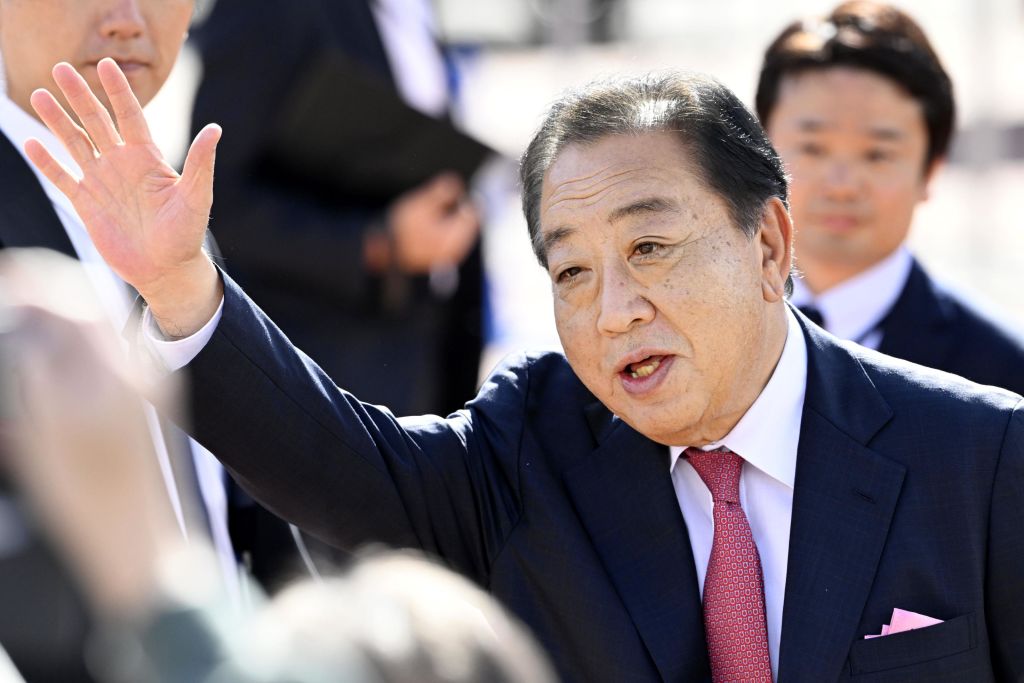Japan’s newly appointed Prime Minister Shigeru Ishiba has unexpectedly called for a snap election to be held this weekend. The announcement follows a period of political turbulence that has shaken what in recent times had become a predictable, stable, and quiet political landscape.
The outcome of this election could have significant implications, not just for Japan’s future but also for Australia’s security architecture in the Indo-Pacific region.
Japan’s ruling Liberal Democratic Party, which has been in power almost continuously since the 1950s, has faced a corruption scandal and declining approval ratings over the last year. There has been surging support for centre-left opposition CDP, coupled with the threat of insurgent right wing populist Nippon Ishin No Kai.
Faced with the prospect of losing government – for just the third time in its history – the LDP saw Prime Minister Fumio Kishida stand down.
Ishiba, a veteran politician who has run for leadership on four previous occasions, is the beneficiary of Japan’s political instability. He is a former defence minister and self-described defence otaku (nerd) who is now taking his hawkish security ambitions to the ballot box.
Faced with an increasingly bullish China, and revanchist Russia in Ukraine, defence is gaining salience among Japanese voters.
The new Prime Minister wants to deepen Japan’s security relationships into a latticework of bilateral alliances across the region and aspires to establish an “Asian NATO” to defend against the threat posed by a rising China. He has begun to follow through on these ambitions by appointing numerous defence heavyweights and former ministers to his cabinet.
Notably, Ishiba has emphasised the importance of nuclear deterrence, a controversial stance in the sole country to be attacked by the weapons. During the leadership debate last month, Ishiba wrote that Japan should “consider America’s sharing of nuclear weapons or the introduction of nuclear weapons into the region”. He has also advocated for other sweeping reforms to the US-Japan alliance, including collaborative management of US bases in Japan. He also wants to amend the Japanese constitution to repeal the prohibition on possessing offensive military potential.

Australia is no stranger to multilateral security agreements, having spearheaded the formation of AUKUS in recent years. There are now consultations with Japan about joining “Pillar 2” of the AUKUS alliance, which includes collaboration on advanced military capabilities such as quantum, AI, and hypersonic capabilities.
Nevertheless, Prime Minister Anthony Albanese played down the prospect of an Asian NATO. “We have our own security arrangements that are in place, it’s not a matter of containment, it’s a matter of making sure that the international rule of law applies,” he said this month at the ASEAN summit in Laos.
Faced with an increasingly bullish China, and revanchist Russia in Ukraine, defence is gaining salience among Japanese voters. However, pursuing this agenda in an election represents a gamble for Ishiba, who will need to convince voters of his administration’s ability to balance its defence ambitions with voters’ domestic concerns around the economy, ageing population, and taxation.
In addition, Ishiba will need to contend with the fallout from the party slush-fund scandal, manage ongoing factional strife within the LDP, and secure the support of his colleagues within the party, among whom he has long been known as an outsider.
This stands in contrast to Japan’s centre-left opposition CDP, who following their own leadership spill in favour of former prime minister Yoshihiko Noda advocate for a more “middle-of-the-road” policy stance, focusing more on addressing problems at home and a continuation of existing foreign affairs and national security policy, noting, “We will follow our past policy based on the Japan-US alliance”.
Nevertheless, the LDP’s gamble to change leaders and call an election appears to be paying off.
According to the latest opinion polls, they have staged somewhat of a political comeback since earlier in the year. They are on track to win the election later this month with limited losses. A strong result at the ballot box will provide a mandate for Ishiba’s agenda. Therefore, Australia can expect to work with a more assertive Japanese administration over the coming years as it redefines its global role.

